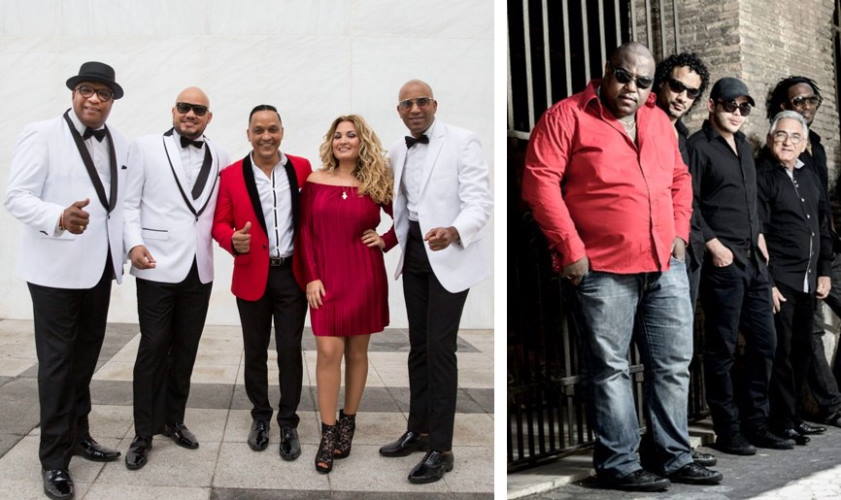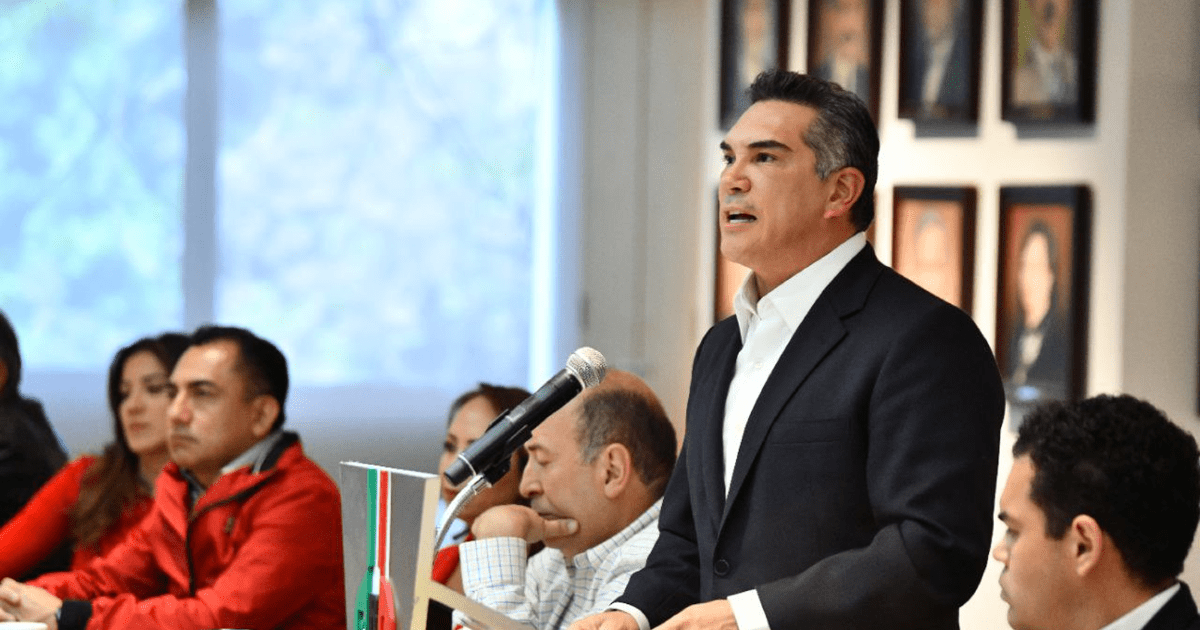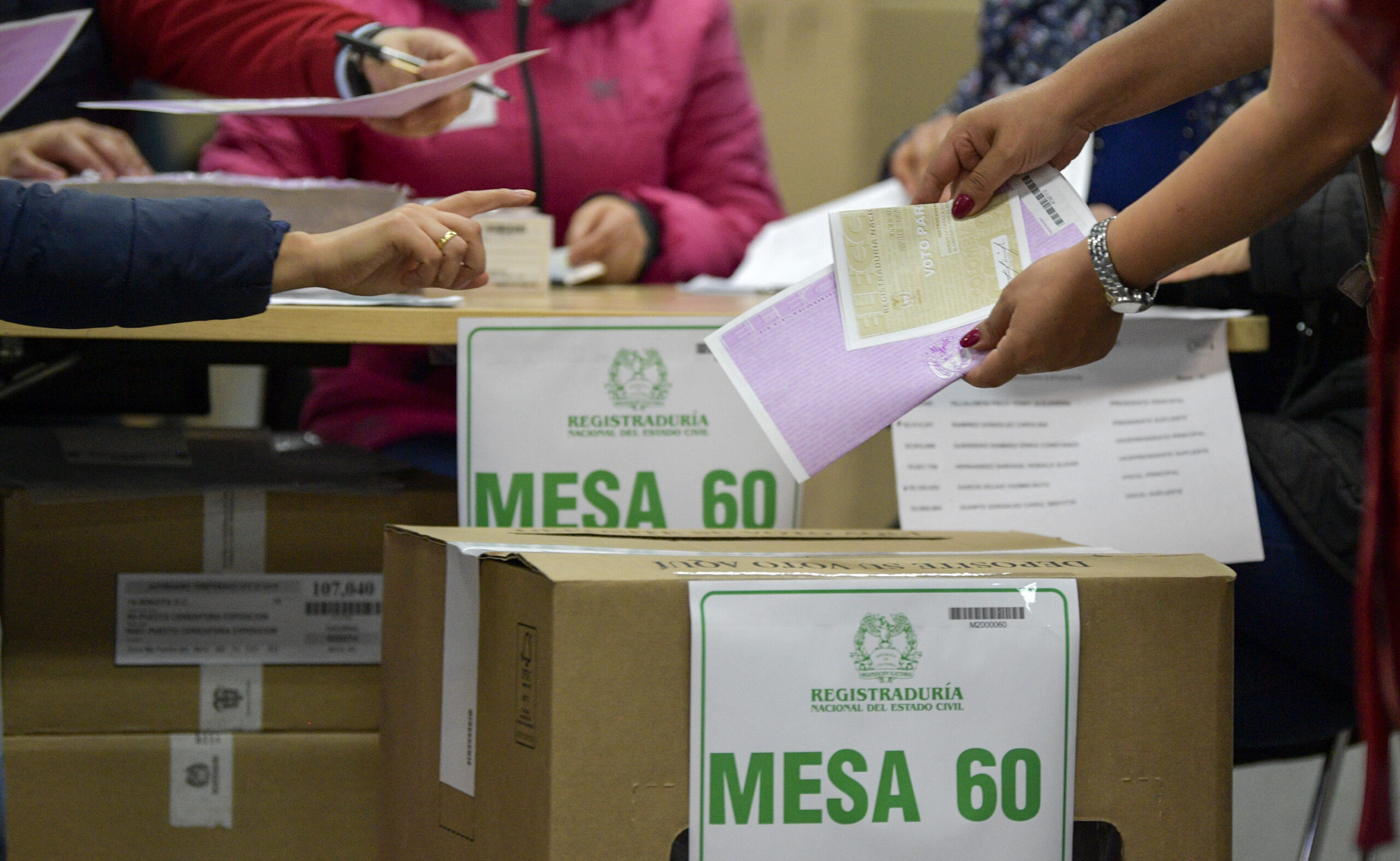HARRISONBURG, United States. — The relationships between art and politics are as convoluted as the positions adopted by some creators are sometimes contradictory.
Ezra Pound, a significant poet of American literature, declared himself a faithful admirer of fascism despite the deep humanistic breath of his poetry.
The great Norwegian writer Knut Hamsun, an admirer of the Nazis who occupied his country, vibrated on a similar string.
Pablo Neruda was a communist and his poetry reached wide international resonance, to the point of obtaining the Nobel Prize. But his position in the face of the crimes of Stalinism and the Cuban dictatorship was marked by silence.
Nicolás Guillén was already a consecrated poet when Fidel Castro’s dictatorship triumphed. He had known democracy and had enough knowledge to realize that the process led by the native of Biran was far from the humanistic breath of his poetry. Perhaps he was the first to notice the gradual inconsistency of his poem Havebut also silent.
Just as there is political alignment, correct or not, it can be affirmed that the apolitical nature of artists and intellectuals does not exist, no matter how much the opposite is claimed. Everyone takes sides, whether by action or omission. Faced with this reality, I do not believe that there are moral defenses.
In our country, music is the cultural expression with the greatest scope and connotation. This is widely used by the ideologues of the dictatorship, taking advantage of the control they have over the mass media.
The musicians publicize their works on social networks, create personal spaces and even become “opinion leaders” with tens of thousands of followers, although some of them show on the networks that the magnitude of their culture and ideas barely exceeds the size of an almond
Musicians in Cuba who support the dictatorship by action or omission enjoy all possible benefits and privileges. Those who dissent lack everything.
Among contemporary Cuban musicians there are several who can be heard, even if we do not agree with their opinions. Silvio Rodríguez, for example, never leaves me indifferent despite his political position, diametrically opposed to the beauty and humanism of his songs.
Pablo Milanés, Pedro Luis Ferrer and Carlos Varela are other musicians with whom we may or may not agree, but they always show that behind their expressions there is a profound and insightful exercise in meditation on the Cuban problem.
Unfortunately, the same cannot be said of others who daily try to monopolize the footlights of the staging of social networks. Some of them write good songs, but when they give their opinion on politics they remind us of a saying that fits them like a glove: “Zapatero, to your shoes!”.
For this reason, in a community of exiles as polarized as the Cuban one, all the commotion caused by the presentation of “Los Van Van” and “Havana D’ Primera” in Florida, as well as the declarations of Descemer Bueno and another musician who identifies himself as “El Taiger”.
It is undeniable that the music of both groups is contagious despite the dubious quality of their texts. Its rhythm causes the delight of many. But it is one thing to rejoice when we listen to that music and quite another to help give a boost to its creators here, where there is so much accumulated pain due to the cruelty of Castroism that those creators defend.
The Cubans who attended the concerts offered by both orchestras, beyond the ephemeral enjoyment of jumping between seats, or the photo of complacency with some of those musicians to increase the corner of egomania that clouds the heart, actually contributed to strengthen the personal economies of those pulpinellas of the dictatorship.
Maturity is required to internalize that, at this moment, almost everything can reach a political nuance. If the position of those from Florida who managed and made these presentations possible is reprehensible, so is that of the Cubans who attended the theaters to applaud those who live with their backs turned to the tragedy of our people.
And at a time when not everyone has dignity, patriotism and the strength to call things by their name as a compass, even if it means not being able to return to the country where we were born, it is not surprising that a musician like Nachito Herrera continues showing signs of docility towards the dictatorship.
I am not against any goodwill action carried out by people like him or Professor Carlos Lazo, to cite another example. What does seem very suspicious to me is that they always put the Cuban regime and its supporters as the main recipient of these actions and never demand equality and justice for all Cubans, but only for those who support the dictatorship.
In his new visit to Cuba, highlighted this Tuesday by Cubadebate, Nachito said something that, of course, the Taliban of the dictatorship immediately highlighted: “I don’t have to deny that I’m Cuban to earn money. The day you have to say a sentence against this country to receive a check, that day Nachito Herrera will cease to exist.
I very much agree with his words because the Cuban who denies being Cuban deserves contempt. But Nachito confuses the concept of “country” with that of “dictatorship” and identifies them, which is why he refuses to criticize the injustices of the regime and its cruelty. Nachito knows that saying something against “that country” —which is, moreover, “his country of him”, or what is the same, “his dictatorship of him”— would lead him to be erased from the map of entries and departures to Cuba. That is why he is silent in the face of the obvious and that is complicity or cowardice, or both.
When only those who support an authoritarian and exclusive power are helped and the same is never done with the brothers who suffer from that authority and exclusion, one also takes sides, and not precisely for justice.
After World War II Ezra Pound was imprisoned for several years for his support of fascism.
Knut Hamsun was accused of treason against the Norwegian people and imprisoned, although he was released shortly after due to his age. Enraged, the Norwegians burned his books in the squares.
The flames that devour culture lacerate the soul, even more do those of repeated injustice.
OPINION ARTICLE
The opinions expressed in this article are the sole responsibility of the issuer and do not necessarily represent the opinion of CubaNet.
Receive information from CubaNet on your cell phone through WhatsApp. Send us a message with the word “CUBA” on the phone +1 (786) 316-2072, You can also subscribe to our electronic newsletter by giving click here.






